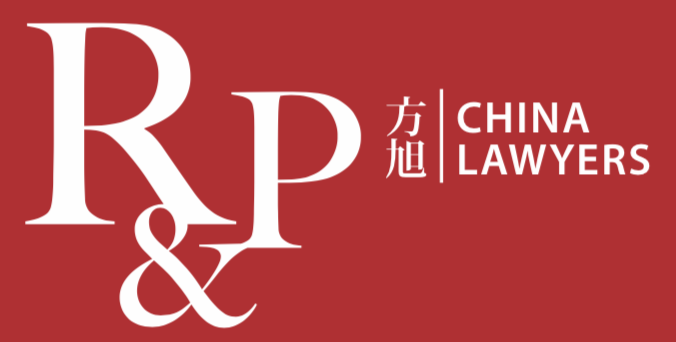15 July 2020
To create a favorable working environment for foreigners, the Chinese government has rules on tax-free allowances applicable to foreigners working in Mainland China. All foreigners and their employers should be aware of these rules, to ensure that they do not pay more individual income tax (IIT) then they have to.
According to the current effective regulations, the overview below shows the tax-free items, which allow foreign employees to minimize payable IIT:
Rent
-
If in the form of non-cash (i.e. the rental contract is with the company, and the company remits rent directly to the landlord; or the rental contract is with the expatriate who applies for reimbursement of rent paid);
-
Rent amount must be reasonable and supported by valid fapiao issued to the company or the individual.
Relocation
-
If in the form of reimbursement to the expatriate;
-
Expenses (e.g. flight, luggage, moving company etc.) must be real, reasonable and supported by valid fapiaos or receipts (if incurred outside Mainland China);
-
Fixed monthly relocation allowances are taxable.
Home Trip
-
If in the form of reimbursement to expatriate;
-
Expenses (e.g. flight, train, taxi) must be real, reasonable and supported by valid fapiaos or receipts (if incurred outside Mainland China);
-
Up to two round-trips per year;
-
Travel must be between the city in Mainland China where the expatriate works and the city where the expatriate / spouse / parents are from or currently live;
-
Any allowance paid for the expatriate’s family will be taxable.
School Fees
-
Expenses must be reasonable and supported by valid fapiaos and documents on school information;
-
The school must be registered and located in Mainland China;
-
Other fees (e.g. meals, school bus, uniforms) are usually deemed taxable.
Meals, Groceries and Laundry
-
Expenses must be real, reasonable and supported by valid fapiaos;
-
Expenses must have incurred in Mainland China;
-
Any fixed monthly allowance for expenses is taxable.
Chinese Lessons
-
Expenses must be reasonable and supported by valid fapiaos;
-
Language school must be located in Mainland China;
-
Language courses provided to the expatriate’s family members are taxable.
We have prepared a Q&A to deal with some questions that we frequently receive from our clients:
Q: Can exemptions to individual income tax be applied for retroactively?
A: Yes. The new Individual Income Tax Law that took effect on January 2019 introduced an annual personal income tax settlement system. This makes it now possible to apply for IIT deductions retroactively until 30 June of the following year.
Q: Should IIT exemptions be approved in advance?
Although it is not necessary to obtain the tax bureau’s approval in advance, a detailed breakdown of tax-free items must always be provided during the monthly IIT filing. The tax bureau can at any time decide to audit supporting documents; and some tax bureaus still require submission of related materials at filing.
Q: A lot of expenses must be “reasonable”; what does this mean?
The tax bureau has full discretion to determine whether or not an expense is reasonable. In some case there may be internal policies (e.g. in some Shanghai districts, the rental fee may not be more than 30% of the total salary) but in most situations, there are not. Note, however, that first and foremost the tax officers will pay attention to whether or not the expenses are real.
Q: Do these rules apply to residents of Taiwan, Hong Kong and Macao?
Yes. Although Taiwan, Hong Kong and Macau are part of China, their residents enjoy the same benefits as foreigners.
Q: Do these deductions apply to foreign individuals that work in Guangdong Province but who live in Hong Kong or Macau?
Yes they do, even if these individuals travel back and forth on a daily basis or if the expense was incurred in Hong Kong or Macau.
Q: We heard that the rules will change after 2021. Is this correct?
The current deductions are in place until the end of 2021. If the arrangement is not extended, then expatriates in Mainland China will only be eligible for the same deductions as Chinese nationals, which are generally much less favorable. However, as this would have a very big impact on companies, there is at least a reasonable chance that the current rules will be extended.
Q: I work for a small company that may not have the expertise to ensure that all deductions are applied in the correct way. What can I do?
Chinese tax laws are complex, and the penalties on tax evasion and non-compliance can be very severe. Therefore, we recommend that smaller international companies outsource the IIT tax filing work to an external agent or corporate service provider that is fully familiar with the requirements for deductions and staying up-to-date with all policy changes.
For further information, please contact:
Gina Chen, R&P China Lawyers
chenhuihui@rplawyers.com





